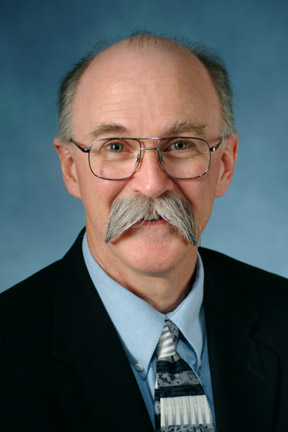Who does the best job of
directing local economic development?
Last week Greg Williams, the new
Chief Executive Officer of the Lawrence Chamber of Commerce, spoke to the
members of the Lawrence Association of Neighborhoods. In his remarks, Williams stated that the “best”
local economic development agencies are run by Chambers of Commerce, not by
local government.
This seems like an empirical
question which should be informed by looking at the published research on local
economic development. What does that
published research have to say on this question?
Wolman
and Spitzley find that local economic development decisions are made through a
political process masquerading as a rational process. A political “growth machine” exists that is a
coalition of interests who benefit from real estate development, rather than
real economic growth. Led by business
interests such as real estate developers and the Chamber of Commerce, this
growth machine maneuvers to take control of the economic development process (Harold
Wolman and David Spitzley. 1996. The Politics of Local Economic Development, Economic Development Quarterly
10(3):115-150.)
Rubin
finds that when economic development is directed by a Chamber of Commerce, the
deals are structured to benefit the businesses, often at the expense of the
taxpayers. When economic development is
directed by a local government, the deals are structured to benefit the
community as a whole. When local
government turns over the administration of local economic development to a
special interest group, such as the Chamber, that special interest group generates
a systematic bias in favor of the Chamber’s constituents (Herbert J. Rubin,
1988, Shoot Anything That Flies; Claim Anything that Falls: Conversations with
Economic Development Practitioners, Economic
Development Quarterly 2(3):236-251)
McGuire
finds that economic development is a collaborative process, but the form of the
collaboration is important. With the
Chamber is in the lead role, it will direct the process to the benefit of its
constituents, its member businesses (Michael McGuire. 2000. Collaborative Policy Making and
Administration: The Operational Demands of Local Economic Development. Economic
Development Quarterly 14(3): 278-291.)
Opening
up the process can be beneficial. KU’s
own Elaine Sharp finds that “Public officials in tax-stressed communities who
are wary of the potential consequences of popular mobilization may be relieved
to find that heightened citizen involvement can actually enhance the climate
for economic development policies . . . “(Elaine B. Sharp and David B. Elkins. 1991. The Politics of Economic
Development Policy. Economic Development Quarterly, 5, 126-139.)
If the City of Lawrence wants to
pursue economic development policies that are beneficial to the community as a
whole, it needs to both depoliticize and professionalize the process.
The Chamber of Commerce receives over $400,000 in taxpayer dollars each year from the City and the County. The record of accomplishments for this large annual taxpayer subsidy is very poor. The Chamber led the City into 17 tax abatements of which only 35 percent met expectations, the remainder failed outright or did not produce the jobs, wages or investment promised. The Chamber led the City into violations of the Kansas Open Meetings Act in attempt to broker a deal without the taxpayers’ knowledge. This caused the members of the City Commission to be censured. The Chamber consistently supported more and more real estate development on the false belief that supply creates demand. They were wrong, and now the City is stuck with a large inventory of vacant housing, retail stores, and offices.
The City and the County should
take this money and spend it on professional planners who report to the elected
officials. These planners would bring
professional skills to their work and would serve the community as a whole. The Chamber should be at the table when economic
development policy is designed and implemented, but it should not be paid large
sums of public money to be at the table.
The Chamber can sit at the table as an equal, interested and
unsubsidized partner.
Who does the best job of
directing local economic development?
Professional planners working for the community do the best job, not the
Chamber of Commerce working for its business constituency.

No comments:
Post a Comment